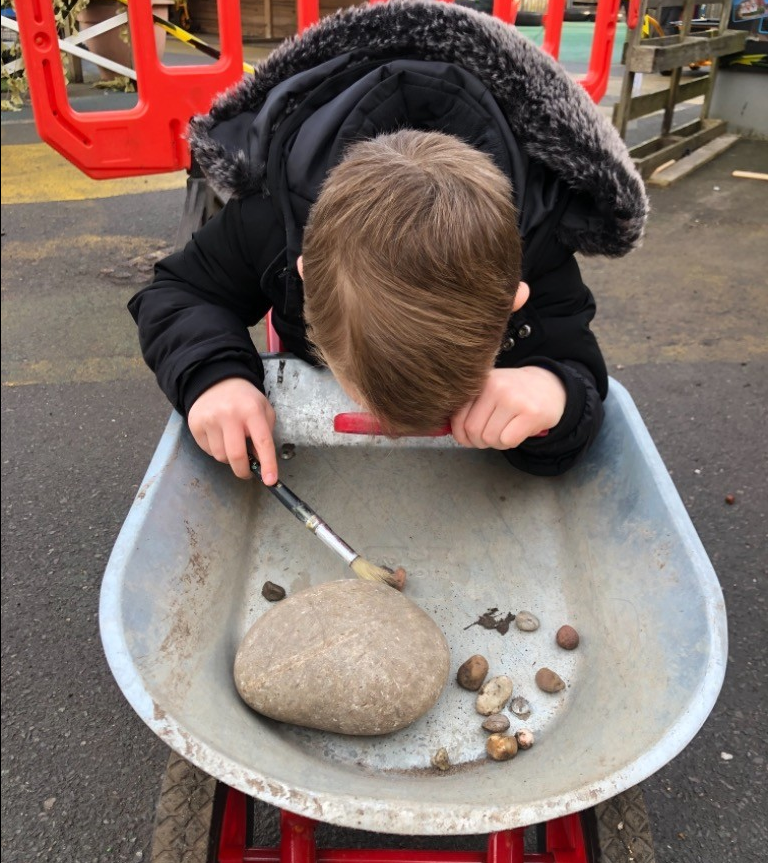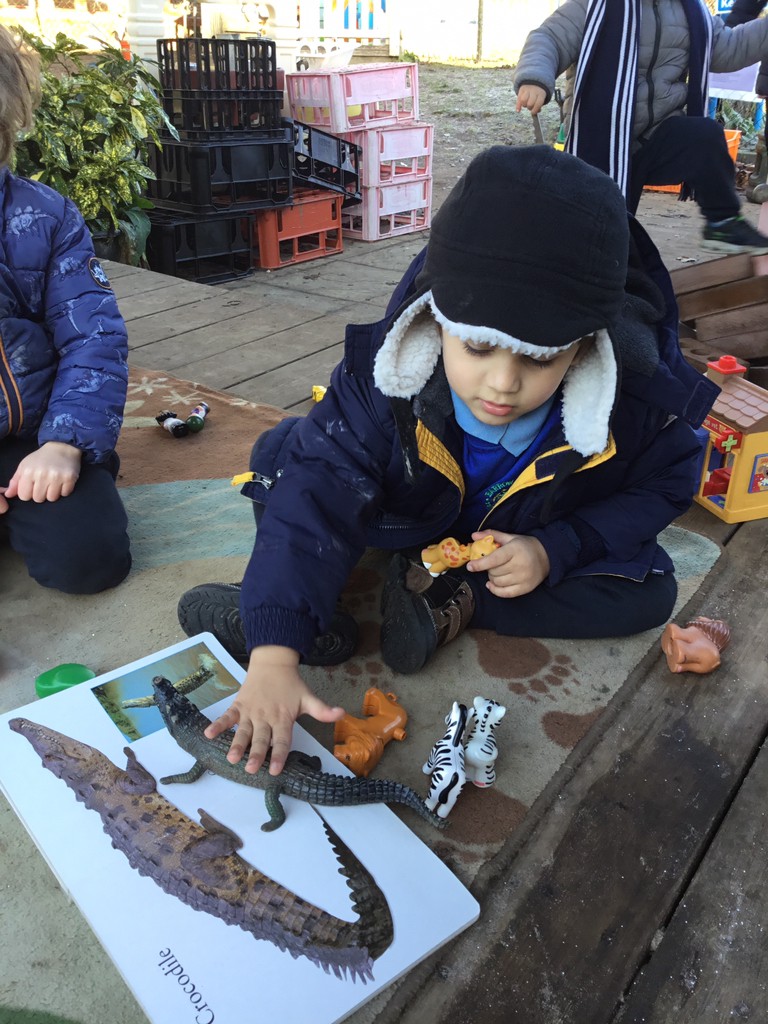- Home
- Learning and Curriculum
- Curriculum
- Early Years Foundation Stage (EYFS) Curriculum
- Learning and Development
Learning and Development
In this section...Teaching and learning in EYFS should not be taken to imply a ‘top down’ or formal way of working. It is a broad term that covers the many different ways in which adults help young children learn. It includes their interactions with children during planned and child-initiated play and activities: communicating and modelling language, showing, explaining, demonstrating, exploring ideas, encouraging, questioning, recalling, providing a narrative for what they are doing, facilitating and setting challenges. It takes account of the equipment adults provide and the attention given to the physical environment, as well as the structure and routines of the day that establish expectations.
At Barrow Hedges we plan for play, understanding that children are experiencing and learning in the here and now, not storing up their questions until tomorrow or next week. “It is in that moment of curiosity, puzzlement, effort or interest – the ‘teachable moment’ – that the skilful adult makes a difference. By using this cycle on a moment-by moment basis, the adult will be always alert to individual children (through the use of observation), always thinking about what it tells us about the child’s thinking (on-going assessment), and always ready to respond by using appropriate strategies at the right moment to support children’s well-being and learning (planning for the next moment).”
From National Standards document Learning, Playing and Interacting P.22 – 23.
In practice, we organise the setting- including the time, the resources and the adults to ensure that each child displays deep levels of engagement for the majority of the time. We measure each child’s level of involvement using the Leuven Scales of well-being and involvement.
When each child is highly engaged in their learning, we can be confident that they are making good progress. When deeply engaged, their brains will be “lit up”. We notice when support is needed and ensure that obstacles are overcome or that new directions and possibilities are available and learning will be meaningful and fun.

Super concentrating while hunting for fossils!

By end of the Reception year, children’s attainment is assessed against the Early Learning Goals. You can find out about these goals clicking on the attachment below.


